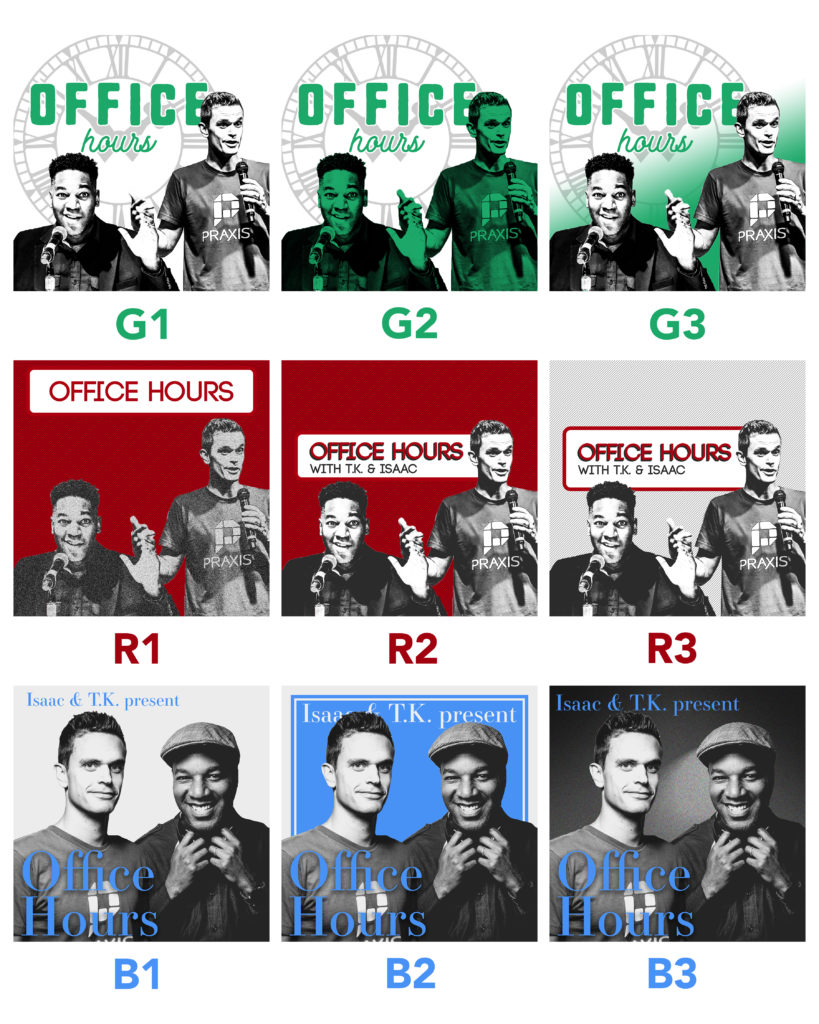Not long after Praxis launched, a handful of self-described free-market professors attacked it.
These weren’t strangers. These were friendly acquaintances and colleagues. In fact, they were people who shared lots of ideas and interests, and to whom I’d paid stipends and raised hundreds of thousands of dollars for in my previous job.
They espoused the virtues of liberty, entrepreneurship, voluntary exchange, and markets. Yet from behind their government-funded, cartelized institutions, they lobbed criticism when I launched a market alternative. They didn’t like it. Not one bit.
There were a handful of blog posts and a steady drip of subtle and not so subtle digs on social media. There were a few conniving backroom arrangements intended to hamper young people in their non-profit programs from joining my for-profit company. There was even one public shaming and mocking of a Praxis applicant.
None of this is a big deal, and it’s funny now that it bothered me then. But bootstrapping a business is mentally and emotionally demanding, and in those early days, unexpected resistance from would-be allies felt tough. It takes a while to realize how important it is to ignore non-customers.
My favorite criticism was a long Facebook rant warning young people to look out because, *gasp*, we were trying to sell you something! (Queue ominous music).
Better yet, it accused us of being “ShamWow salesmen”.
The irony of this criticism is so layered I hardly know where to begin.

It’s an odd insult when a taxpayer subsidized professor says you’re like one of those dirty people who try to earn voluntary customers by touting the easily examined benefits of a product. Say what you will about ShamWow, nobody was taxed for it. Their claims are pretty straightforward, and if incorrect, they’ll lose market share fast. Oh, and you don’t need Federally subsidized loans to afford it. You can probably get refunds too. And a shower squeegee and fridge magnet if you order now!
The depth of depravity in the college system is so great that a professor is more worried about a one-year program with a net cost of zero that gets you working directly at a startup with a 98% employment rate at an average $50,000 starting salary than a five year sentence in classrooms bearing an average $37,000 in debt where 62% of grads have no job or one that doesn’t require a degree.
Praxis participants – especially when we first launched – face a mountain of skepticism from parents, teachers, and mentors. This makes them highly informed customers. One early participant spent an entire summer researching the costs and benefits of college vs. alternatives like Praxis and presented her parents with a full D-ring binder to make her case before winning them over.
Meanwhile, hapless 17-year-olds are being pressured into six figure colleges, saddled with inescapable debt, and sent packing on an experience that fewer than half of them will complete, and fewer than half who do will get a job they couldn’t have gotten first anyway. (In fairness, the graduation rate rises a little above half…if you give six years to complete a four year degree).
Colleges face no market discipline, something these free-marketers are usually keen on, and enjoy countless advantages from billions in direct state and federal spending to subsidized debt to licensing regimes that require degrees to a K-12 system run by people dead-set on prioritizing and preaching college above all.
So here’s this startup, fully transparent, operating on revenue earned directly from voluntary customers, saying check us out for a year, we’ll give you experience and skills and a network and curriculum and community and coaching and the cost is zero. Sound like something out of a libertarian professor’s nightmare? I didn’t think so, but apparently I underestimated how much ideology can be separate from lifestyle in the Ivory Tower.
Anyway, I never responded. Instead, it became an inside joke, so much so that one of our advisors created the image above with my face on the ShamWow commercial.
It’s been several years, but for some reason I started thinking about this whole thing today. At the time, it seemed like it mattered. Now it’s completely irrelevant. The success of Praxis doesn’t need one iota of tenured professorial support. It only matters today to the extent I choose to remember it and use it as a source of humor and inspiration.
Customers matter. Nobody else does.
I don’t revel in criticism. I have no interest in picking fights. I don’t like it that some random people who have never been customers have given us one-star reviews on Facebook. I don’t like it when people get personal or irrational or angry at us. But I don’t care either. If I can get a laugh out of it, I will. If I can manufacture a chip on my shoulder from it, I will. Mostly, I ignore it.
Bonus, I get some fun stories to share.
